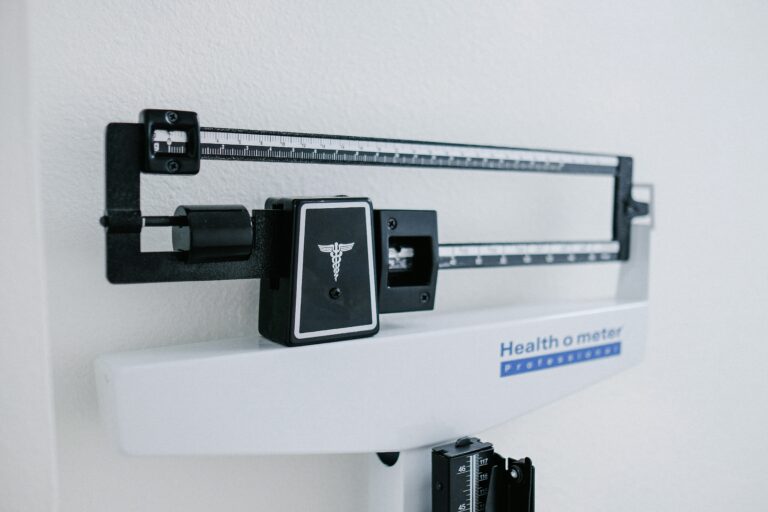Content
Is Weight Loss Surgery Right for Me?
Obesity is being overweight to the point that it affects your health. It is an increasingly common problem in the United States and worldwide. The CDC estimates that roughly 4 out of 10 Americans are obese.1 Obesity is linked to stroke, heart disease, diabetes, and cancer, all of which are preventable causes of premature death.
To live a long and healthy life, obesity needs to be managed. But many people struggle with losing weight their entire lives. Bariatric surgery is a tool that allows obese people to lose a significant amount of weight and get their health back on track. However, having surgery to lose weight is a big decision. This article will help you figure out if bariatric surgery is right for you.
Physical Requirements for Weight Loss Surgery
The National Institutes of Health (NIH) have outlined a few characteristics of people who are good candidates for bariatric surgery. These include:2
- A Body Mass Index (BMI) of 40 or more, or
- A BMI of 35 or more with serious health problems
- A BMI of 30 or more with serious health problems (for patients wishing to undergo gastric band)
Psychological Preparedness for Bariatric Surgery
If you are considering bariatric surgery, it’s important to know what’s involved. Here are some statements to consider:
- I have been unable to lose weight or keep the weight off with diet, exercise, and medical treatments
- I understand that weight loss surgery involves both risks and benefits.
- I understand that I will have to modify my eating and physical activity patterns after surgery.
- I can commit to lifelong healthy eating and exercise habits.
- I understand I will need to take supplements (vitamins and minerals) for the rest of my life.
- I will follow my surgeon’s instructions and attend all follow-up appointments.
If all the above statements are true in your case, then weight loss surgery is a good option for you. If not, you should discuss the procedure in more detail with your surgeon before making a decision. You may need to meet with a psychologist to make sure you are motivated to exercise and manage your food intake after surgery.
Payment for Bariatric Treatment
Being able to afford weight loss surgery is an important consideration in the decision-making process. If you don’t have insurance, you’ll be paying out of pocket for a surgery that can cost anywhere from $8,000 to $28,000 on average, depending on the type of procedure.3 You’ll also need to factor in preoperative costs and follow-up care. Also, complications, should they arise, can increase the total cost of weight loss surgery.
If you have insurance, you’ll have to jump through several hoops before your surgery is approved. You and your surgeon will have to demonstrate that you’ve done everything possible to lose weight and surgery is the last resort. Your healthcare providers will have to convince the insurance company that your obesity is a life-threatening disease that needs to be corrected to allow you to live well. This is usually done through a “letter of medical necessity.”
Medicaid coverage for bariatric surgery can vary from state to state.4 Besides the physical qualifications for weight loss surgery, you may need to pass a mental health exam. You might also need to provide documentation that you have tried standard treatments to manage your weight.
Realistic Expectations
If you meet the physical criteria, you’re mentally prepared for life after surgery, and you can afford to pay out of pocket or have insurance coverage, then you’re a good candidate for weight loss surgery. However, there’s one last factor to consider – your expectations from bariatric surgery.
You must work with your surgeon and their team to gain a good understanding of what weight loss surgery will accomplish for you. Remember, it’s a tool and you’ll have to use it to lose the weight and keep it off.
After reading this article, you hopefully have more clarity about the question – Is weight loss surgery right for me? If your answer is yes, you can look forward to losing a significant amount of excess weight and starting a journey to better health.
Additional Resources:
- Best Bariatric Surgeons in Florida
- Best Bariatric Surgeons in Texas
- Best Bariatric Surgeons in California
- Best Bariatric Surgeons in Arizona
References:
- https://www.cdc.gov/obesity/data/adult.html
- https://www.niddk.nih.gov/health-information/weight-management/bariatric-surgery/potential-candidates
- https://www.bariatric-surgery-source.com/cost-bariatric-surgery.html#insurance
- https://www.ncbi.nlm.nih.gov/pmc/articles/PMC2882611/







